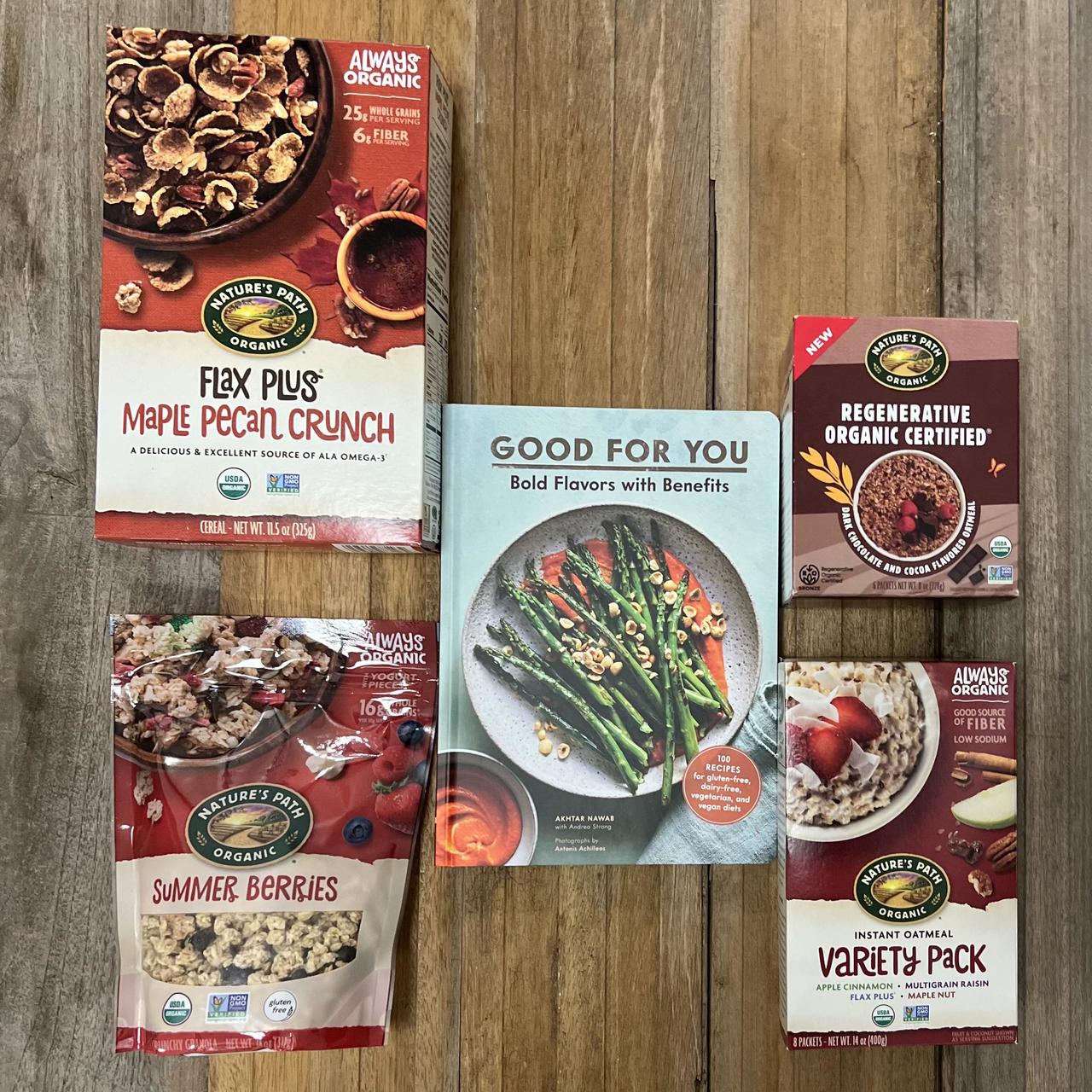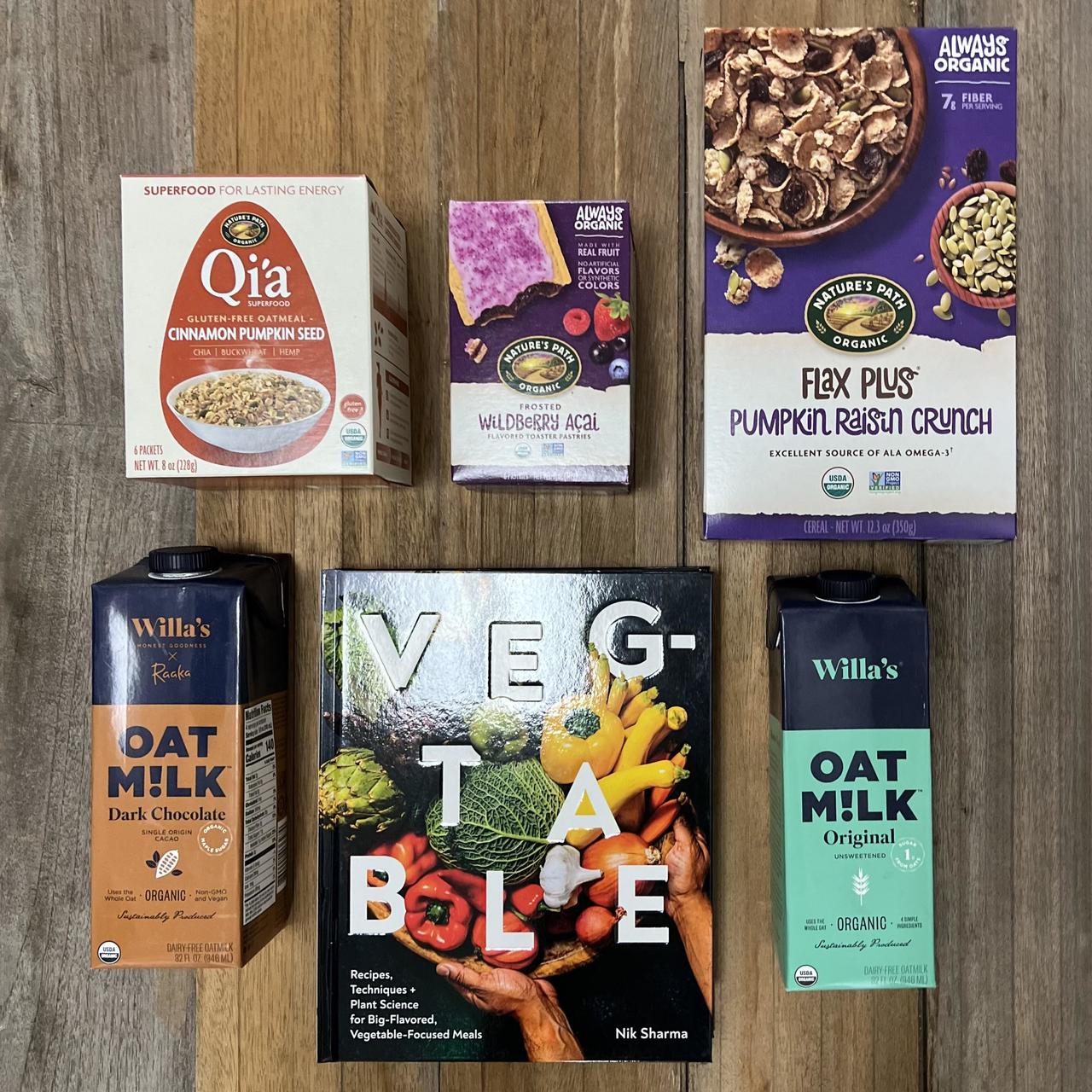Plant Based
What are the benefits of eating more plants?
Introduction
Our food choices present a powerful way to care for the planet and live our values. Over recent decades, meat consumption has surged, especially in the global North, leading to farming practices that fuel climate change, pollute ecosystems, and harm animals. But by choosing plant-based or vegan diets, we can nourish ourselves while treading more lightly on the Earth—enjoying an abundance of flavors and nutrients.
These diets are nothing new. For centuries, Buddhism, Hinduism, Rastafarianism, and Quakerism have embraced vegetarianism as a form of non-violence. Veganism also has deep roots in Africa, India, the Mediterranean, and Indigenous cultures worldwide.
Albert Einstein, American theoretical physicist

Is Your Food in Harmony with the Environment?
Switching to a vegetarian or vegan diet is one of the most effective ways to protect the planet. Conventional animal agriculture is a major contributor to climate change, with impacts that include:
While the environmental toll of animal agriculture is alarming, adopting a plant-based diet can significantly benefit both the planet and your health. A plant-based diet may reduce the risk of type 2 diabetes, heart disease, and certain cancers, while boosting energy, mental health, and digestion.
Can Small Changes Make a Difference?
You don’t have to switch to a vegetarian or vegan diet overnight! Start small by adding more plant-based meals to your routine. A great place to begin is with Meatless Monday: just one day a week of plant-based eating can save 1,150 gallons of water, preserve 32 square feet of forest, and cut your carbon footprint by 21 pounds.
It’s important to recognize, though, that not everyone has easy access to fresh, plant-based foods. Many food systems are designed in ways that limit healthy options in certain communities. This disparity, known as food apartheid, describes the systemic divide between areas with access to nutritious food and those without. As a result, marginalized and low-income communities often face worse health outcomes, while wealthier and predominantly white neighborhoods enjoy reliable access to fresh and organic foods.
Advocate for Food Justice
We need advocates like you to address environmental racism and champion food justice. Our partner, Plant Futures, is a global student-led movement at the crossroads of climate justice, public health, social justice, and animal welfare. By equipping students with education, tools, and a strong network, they are building a diverse, multidisciplinary talent pipeline to drive change in the global plant-based food and agriculture sector.
Influencers like Queer Brown Vegan highlight the intersection of health, sustainability, and accessibility, shedding light on the challenges of making plant-based foods available to everyone. By collaborating, we can advocate for sustainable, healthy food systems that respect both people and the planet. This movement is truly intersectional, embraced by people of all races, ethnicities, and backgrounds.
Inspired to try a plant-based meal? Explore recipes from our partners, Meatless Monday Campaigns and Nature’s Path. Opt for organic ingredients and enjoy a meal that fuels both you and the planet.
EXPAND YOUR KNOWLEDGE
Resources for Plant-Based Living
Explore these resources to help you on your plant-based journey. Whether you’re looking for meal inspiration, advocacy tools, or educational materials, these resources offer guidance and support to help you make informed and impactful choices for both your health and the planet.
CHALLENGES
Feeling groggy lately and suspect it might be your diet? Or maybe you’re looking to build muscle without the downsides of meat consumption? Plant-based meals could be the answer! Check out this article to explore the health benefits of a plant-based diet.
Vegan food is booming worldwide, with chefs, restaurants, businesses, and grocers stepping up to meet the growing consumer demand.
Cutting back on animal products for even just one day can have a significant positive impact on both your health and the environment. So why not start making a difference today?
PRIZES
Up to 10 Greener and 10 Greenest outstanding submissions will be selected as winners.

Each Greener Winner will receive:

Each Greenest Winner will receive: